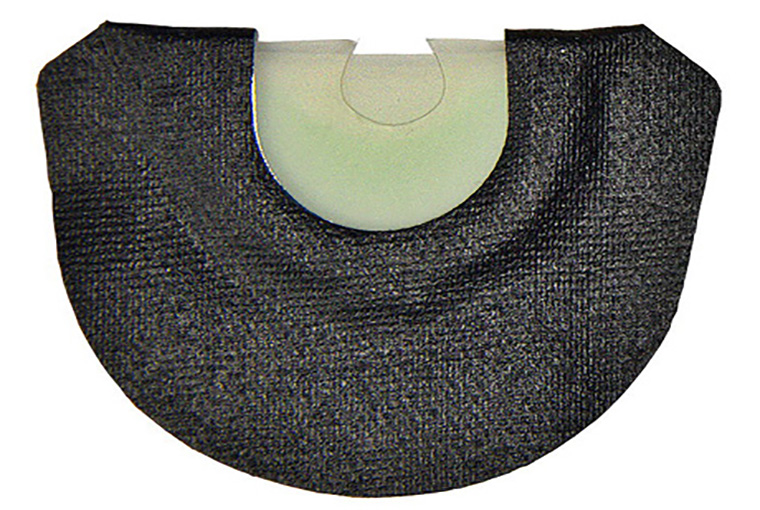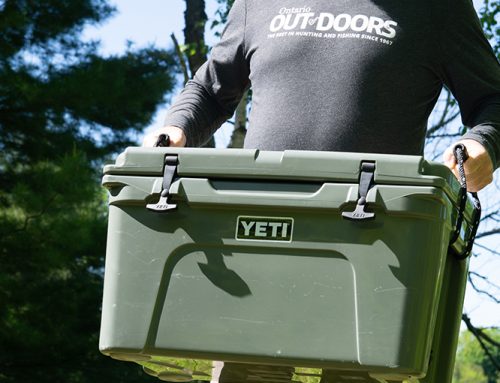
The morning starts, as every turkey hunter hopes, with a gobbler sounding off from a nearby tree. The hunter places a diaphragm call in his mouth and prepares to make a few soft tree yelps, but emits a strange squeak. The sound isn’t the same as the one that came out of the call the season before. The call could have deteriorated.
Most diaphragm calls comprise latex reeds of varying configurations stretched over a frame. Problems with diaphragm calls are usually associated with the latex portion.
For starters, like anything you plan on putting into your mouth, keep a diaphragm turkey call clean. If your call came with a container, use it. If not, a couple of options are old plastic film containers or the cases for camera memory cards. When using airtight film containers, punch holes in them so moisture can evaporate.
If a ripple appears in the latex, it’s no longer tight and won’t produce sound like it was intended to. Bending the metal frame can sometimes be an easy fix.
Separating the reeds with flat toothpicks or separators that come with some calls allows for drying and air flow between the reeds and keeps them from sticking together. If you have a hard time finding flat toothpicks, GUM Softpicks dental picks work well. Simply remove the bristle on the end of the pick and the result looks like a reed separator.
Don’t leave diaphragm calls in the sun or a hot vehicle for a prolonged time. Like many turkey hunters, I practise calling in my vehicle to keep peace at home. The problem is, the heat in a closed vehicle is not good for diaphragm calls. Keep the call in your jacket pocket with you, instead.
Pros Speak Out
Frequently clean calls. They can attract bacteria due to moisture. Ever end up with a sore throat a few days into turkey season? Blame bacteria on the call and pitch it. The best way to beat bacteria is regular washing. Opinions vary on how often calls should be cleaned.
Quaker Boy pro staffer Adrian Hare likes to soak his calls for 10 to 15 minutes in a 50/50 solution of mouthwash and water after each use. He then rinses the calls in cool water and pats dry. Once dry, he puts them in the refrigerator crisper.
Hare has also tried the Diaphresh system. This is a carrying case with disinfectant in it. He only leaves the call in the solution 20 minutes, though, saying if it’s left any longer the tape absorbs moisture, which affects the call’s sound.
Fellow Quaker Boy pro-staff member Dave Reid cleans his calls less often and only refridgerates them at the end of the season or when not hunting for long periods.
He also says not all mouth calls are created equal. They vary within the same model from the same company. If you find one you particularly like, take better care of it.
Zack Rednour of MAD says cleaning a call after every use is unnecessary, but do it every few days. Besides not storing in extreme heat, he also advises against storing calls in extreme cold.






Leave A Comment